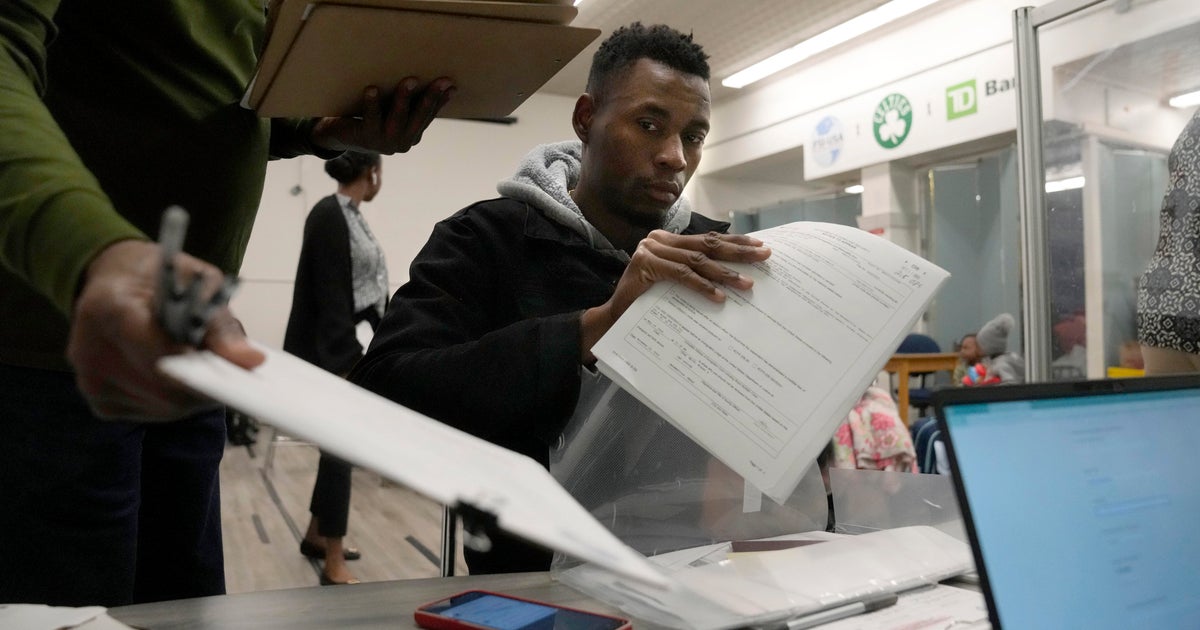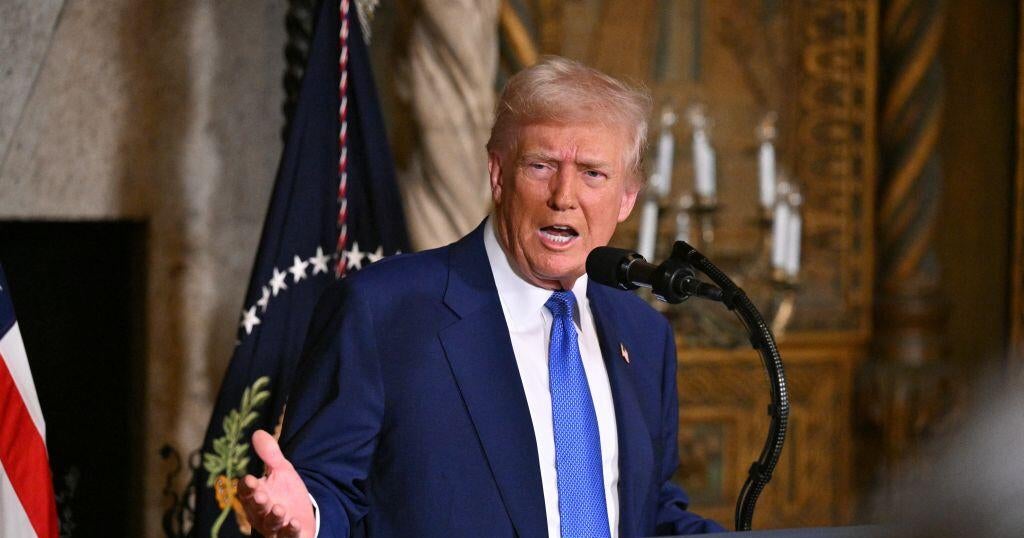Georgia governor withdrawing lawsuit against Atlanta mayor over face mask mandate
Georgia Governor Brian Kemp announced Thursday that he will withdraw a lawsuit against Atlanta Mayor Keisha Lance Bottoms and the City Council over the city's requirement to wear face coverings in public and enforce social distancing measures to stop the spread of the coronavirus.
Although Kemp acknowledged the mayor agreed not to implement a Phase One roll-back plan when the state faced a surge of COVID-19 cases, he said they were unable to reach an overall agreement. He added that he will issue new language once the current executive order expires on August 15.
"I sued the City of Atlanta to immediately stop the shuttering of local businesses and protect local workers from economic instability. For weeks, we have worked in good faith with Mayor Bottoms, and she agreed to abandon the city's Phase One roll-back plan, which included business closures and a shelter in place order," Kemp's statement read.
"Unfortunately, the Mayor has made it clear that she will not agree to a settlement that safeguards the rights of private property owners in Georgia," the statement added. "Given this stalemate in negotiations, we will address this very issue in the next Executive Order. We will continue to protect the lives and livelihoods of all Georgians."
Bottoms, a Democrat, had indicated previously that the Phase One roll-back plan would mean people would have to shelter at home and restaurants would limit service to takeout and delivery only. But she said those were recommendations and not legal orders, and that Kemp didn't understand what she was doing, according to The Associated Press.
AP also obtained a statement from Bottoms on Thursday, in which she said the governor is misleading the public.
"From the start of this pandemic, my only goal has been to help save lives," she said. "While it is unfortunate that the governor seeks to intentionally mislead the people of our state by issuing a woefully inaccurate statement regarding our good faith negotiations and the City's reopening recommendations, I am grateful that this lawsuit has been withdrawn and the time and resources of our city and state can be better used to combat COVID-19."
In Kemp's lawsuit, filed in July, Kemp stated that Bottoms' orders would create "ambiguity and uncertainty for the citizenry and businesses" in Atlanta. The lawsuit also said that some restaurants closed in the belief that doing so "is required to avoid enforcement action by the City."
Enforcing mask and social distancing restrictions, the lawsuit alleged, would have caused people to "suffer immediate and irreparable harm." Kemp's lawsuit also noted that the City Council "does not have the power" to pass ordinances that are contrary to his orders.
"These men and women are doing their very best to put food on the table for their families while local elected officials shutter businesses and undermine economic growth," Kemp tweeted at the time.
"... I refuse to sit back and watch as disastrous policies threaten the lives and livelihoods of our citizens. We will fight to stop these reckless actions and put people over pandemic politics," he continued.
In an interview with "CBS This Morning" in July, not long after Kemp filed his lawsuit, Bottoms called the governor's actions "illogical" and said he was putting people's lives in danger.
"I think that when you are reckless as the governor has been, when you disregard science as the governor has done, then certainly people are suffering and people are dying in our state," she said.
Li Cohen contributed to this report.






